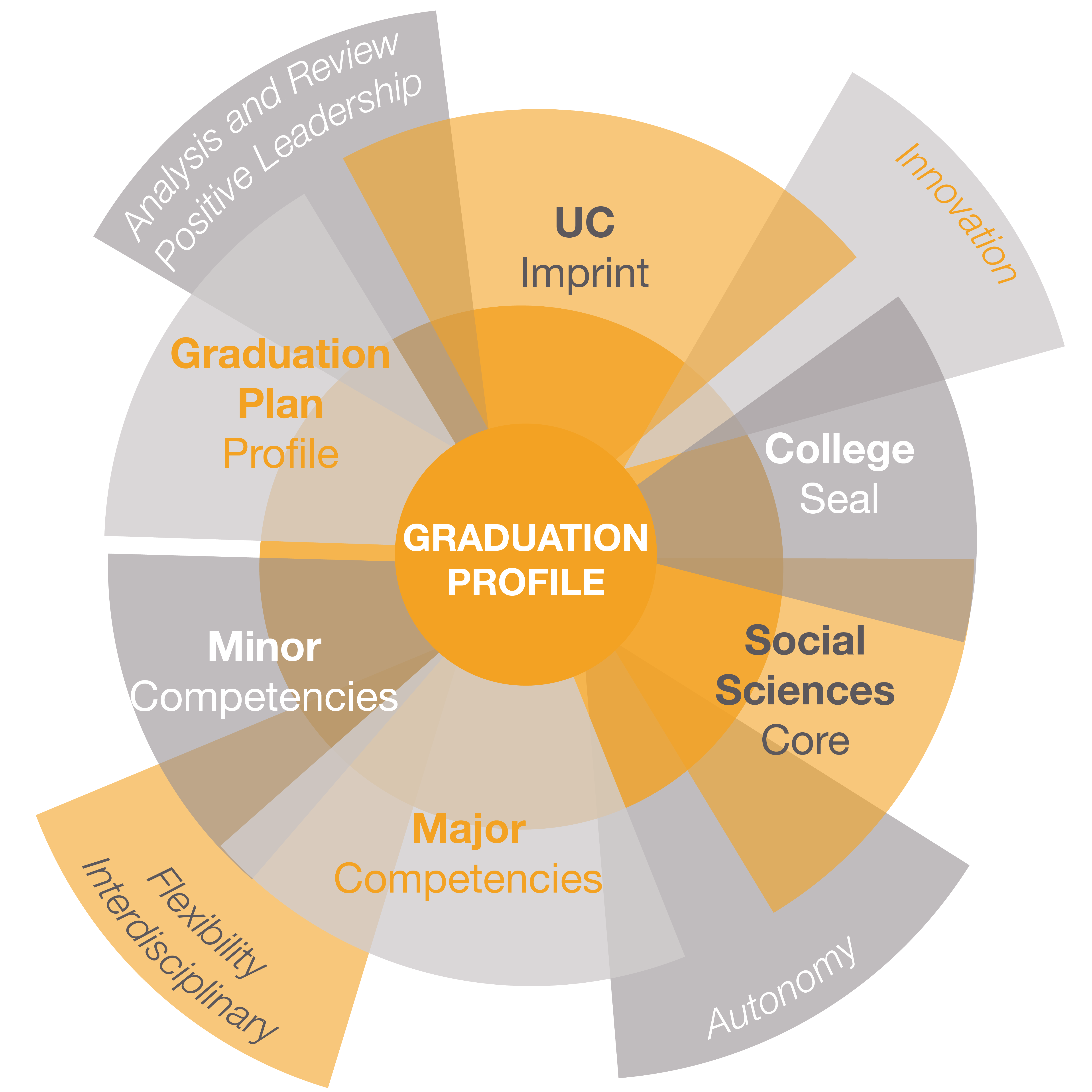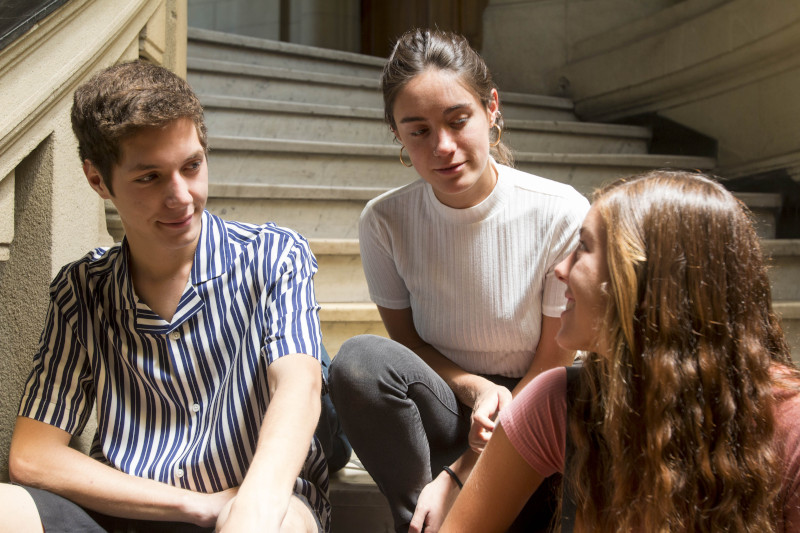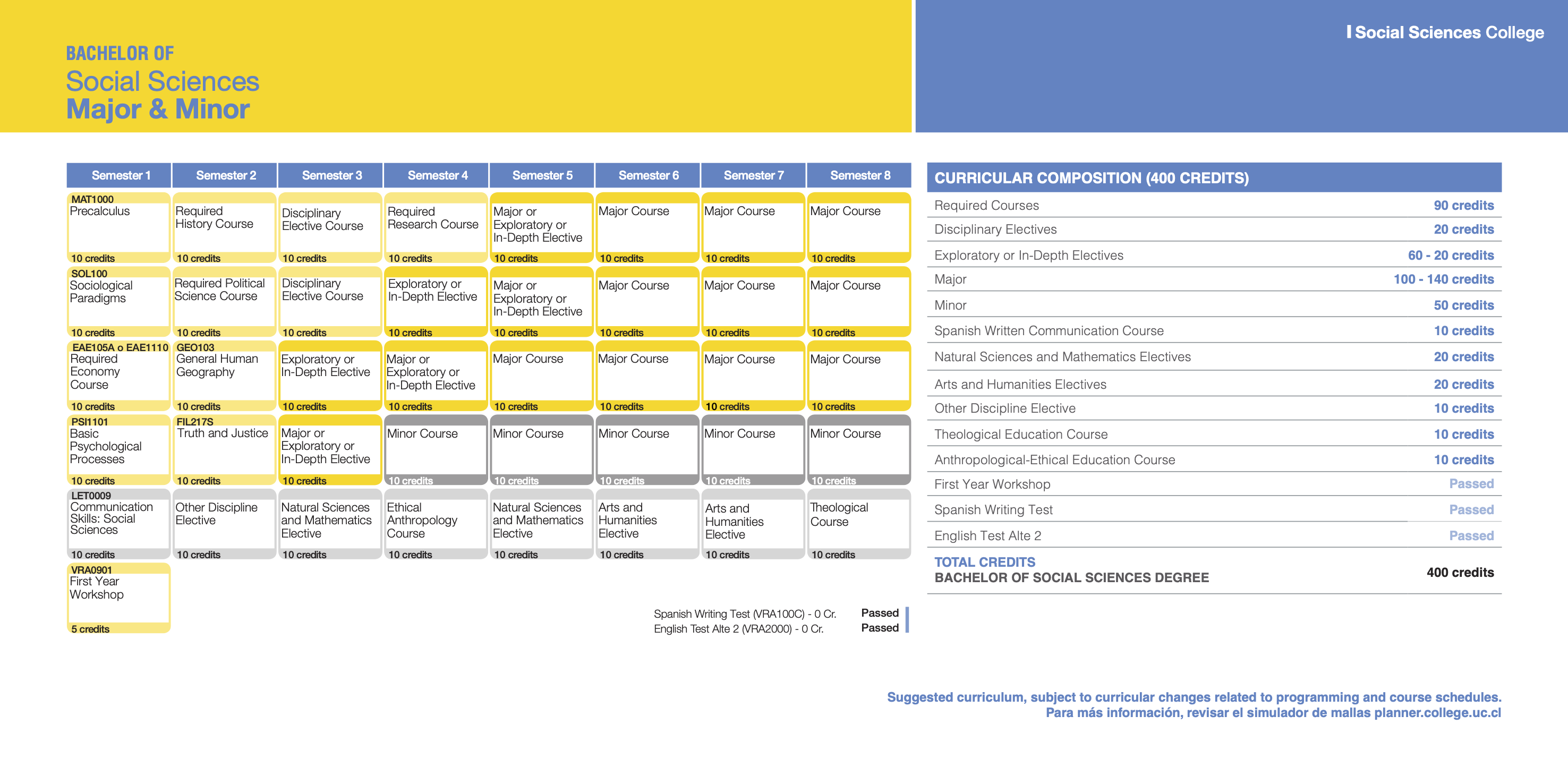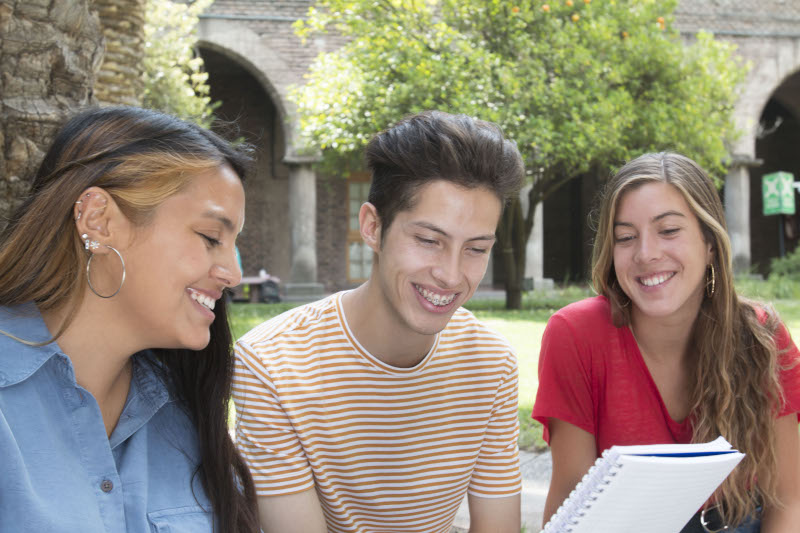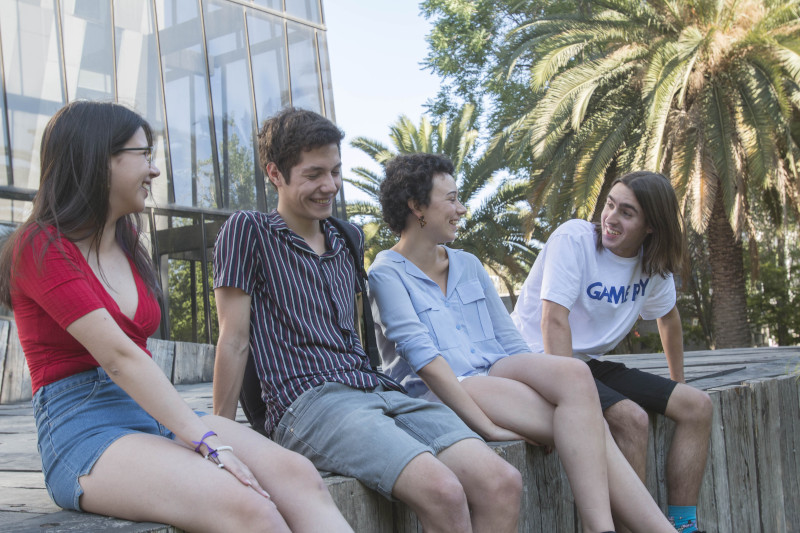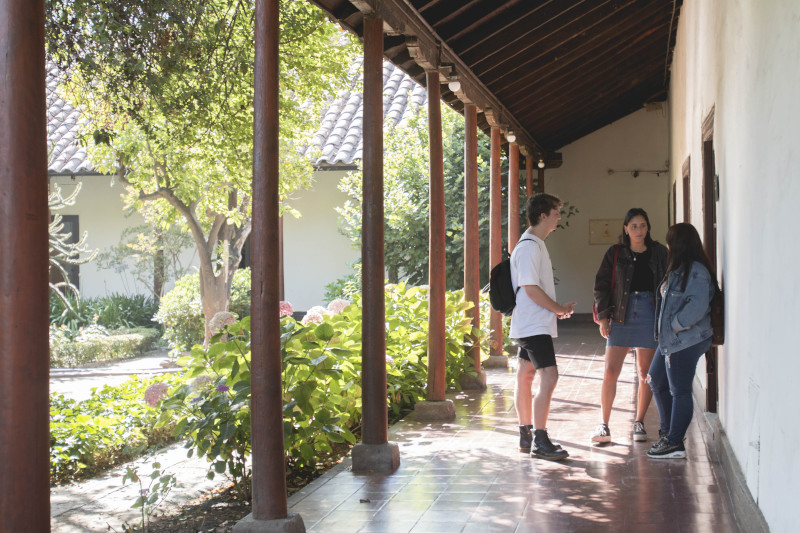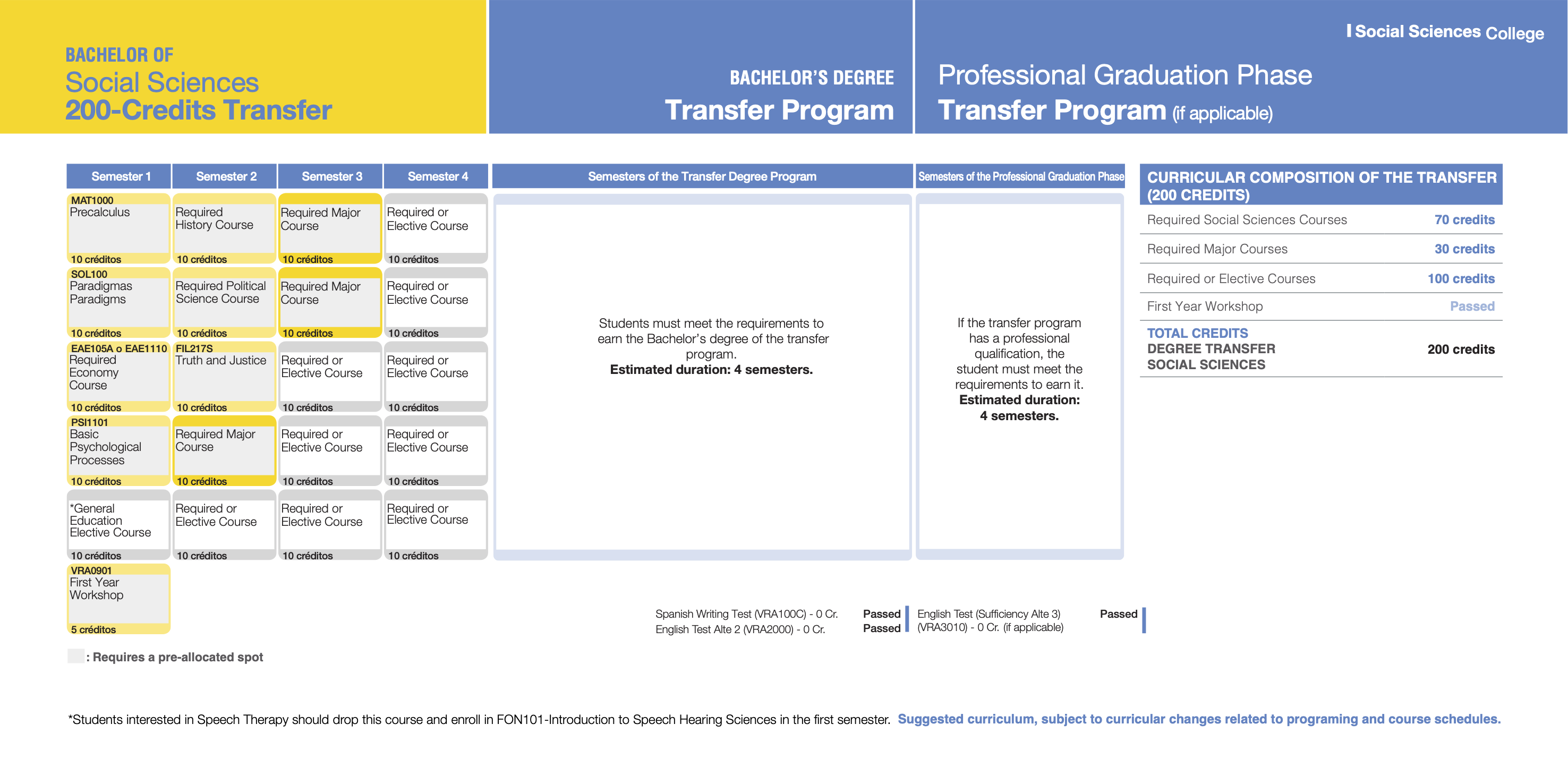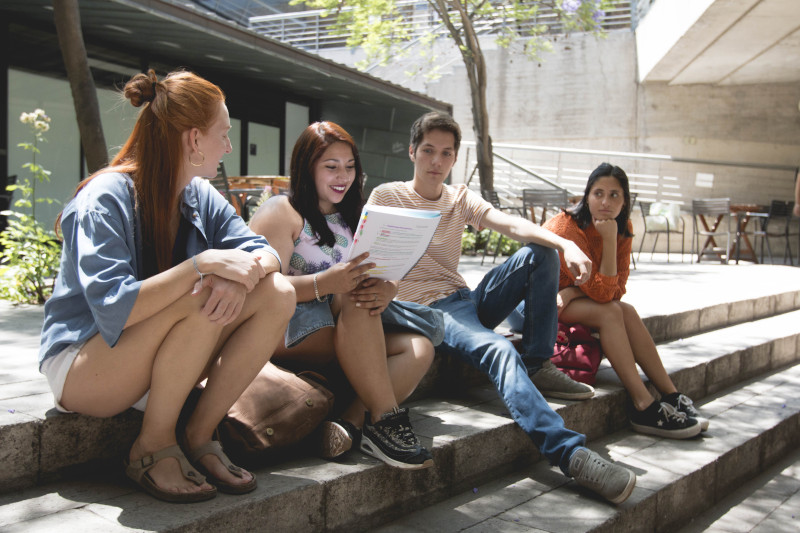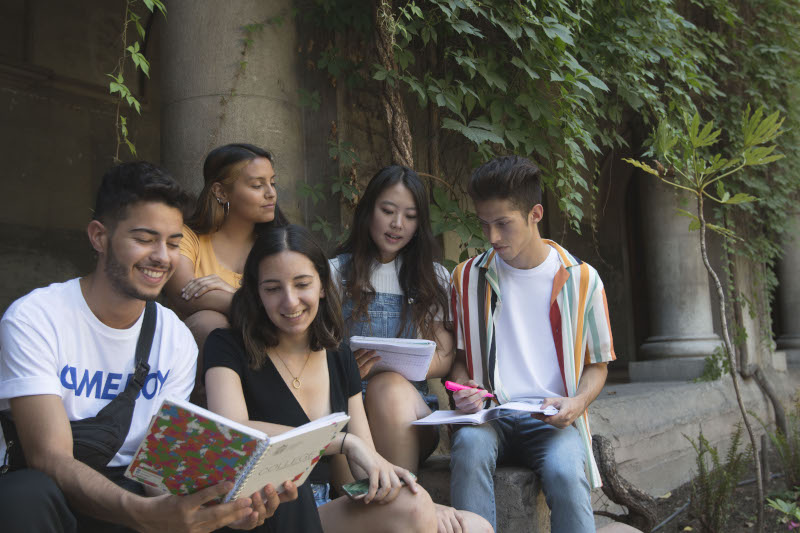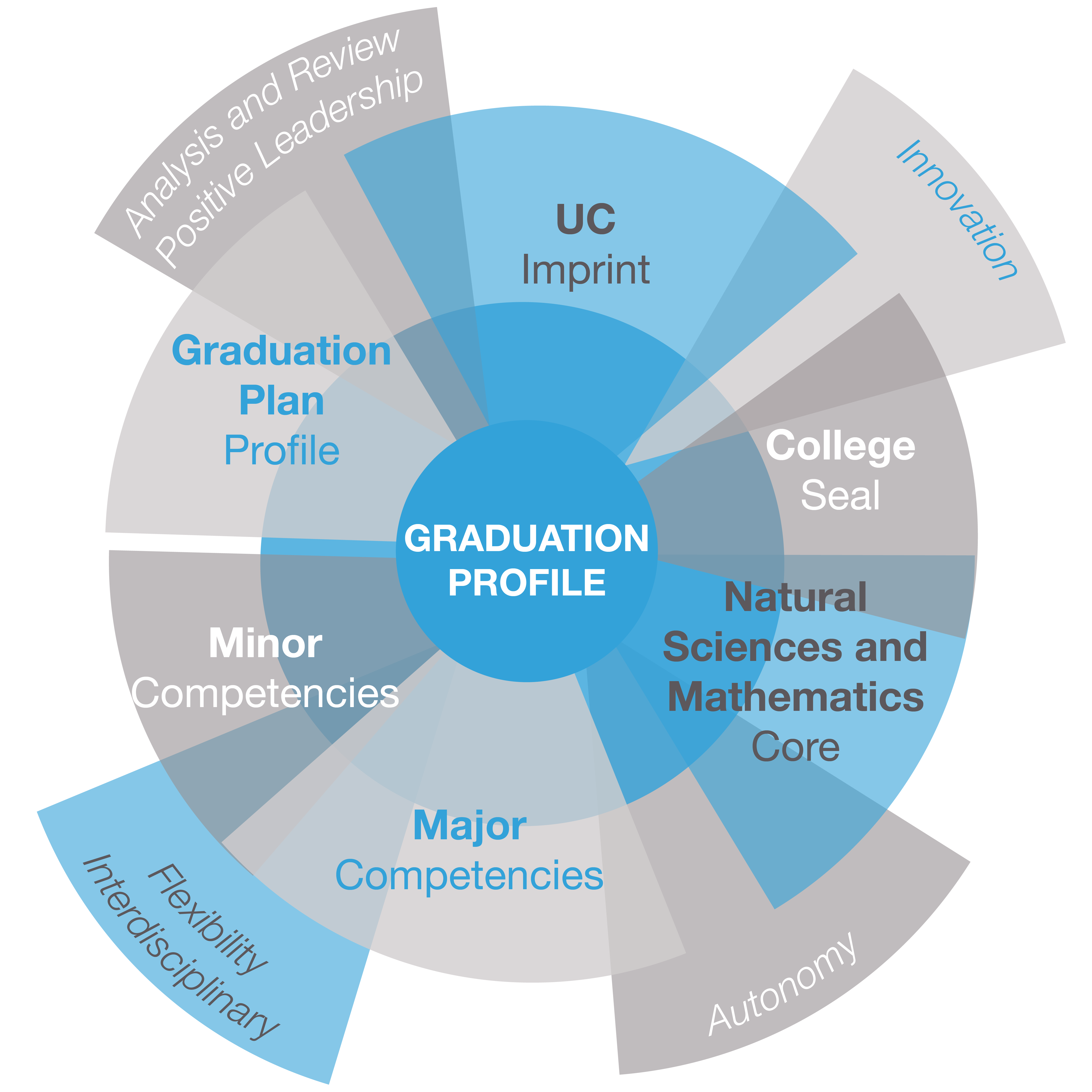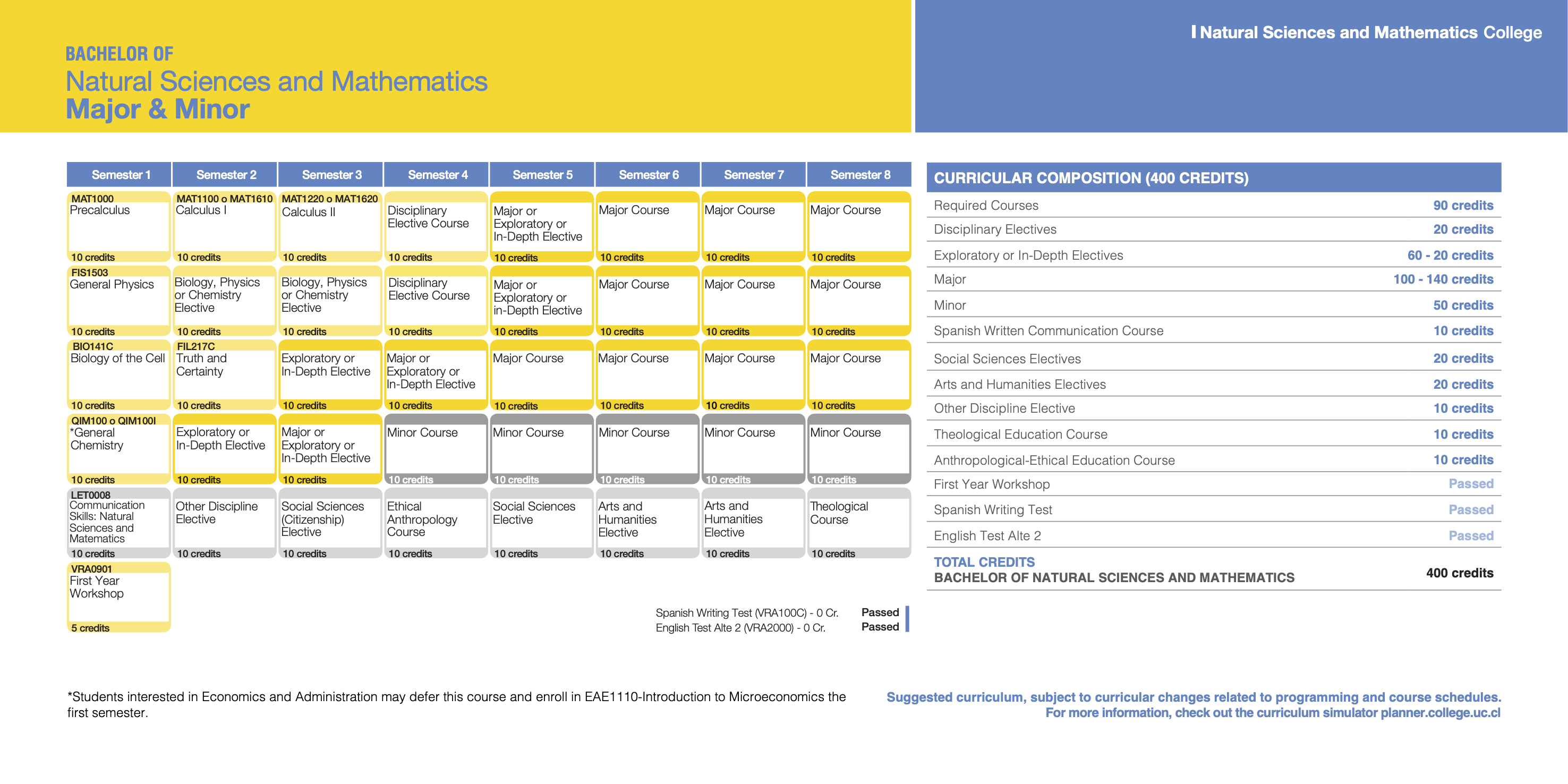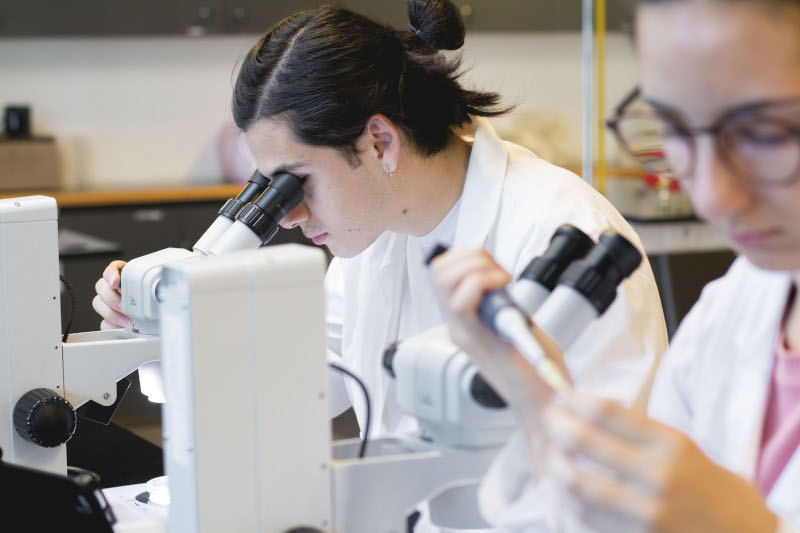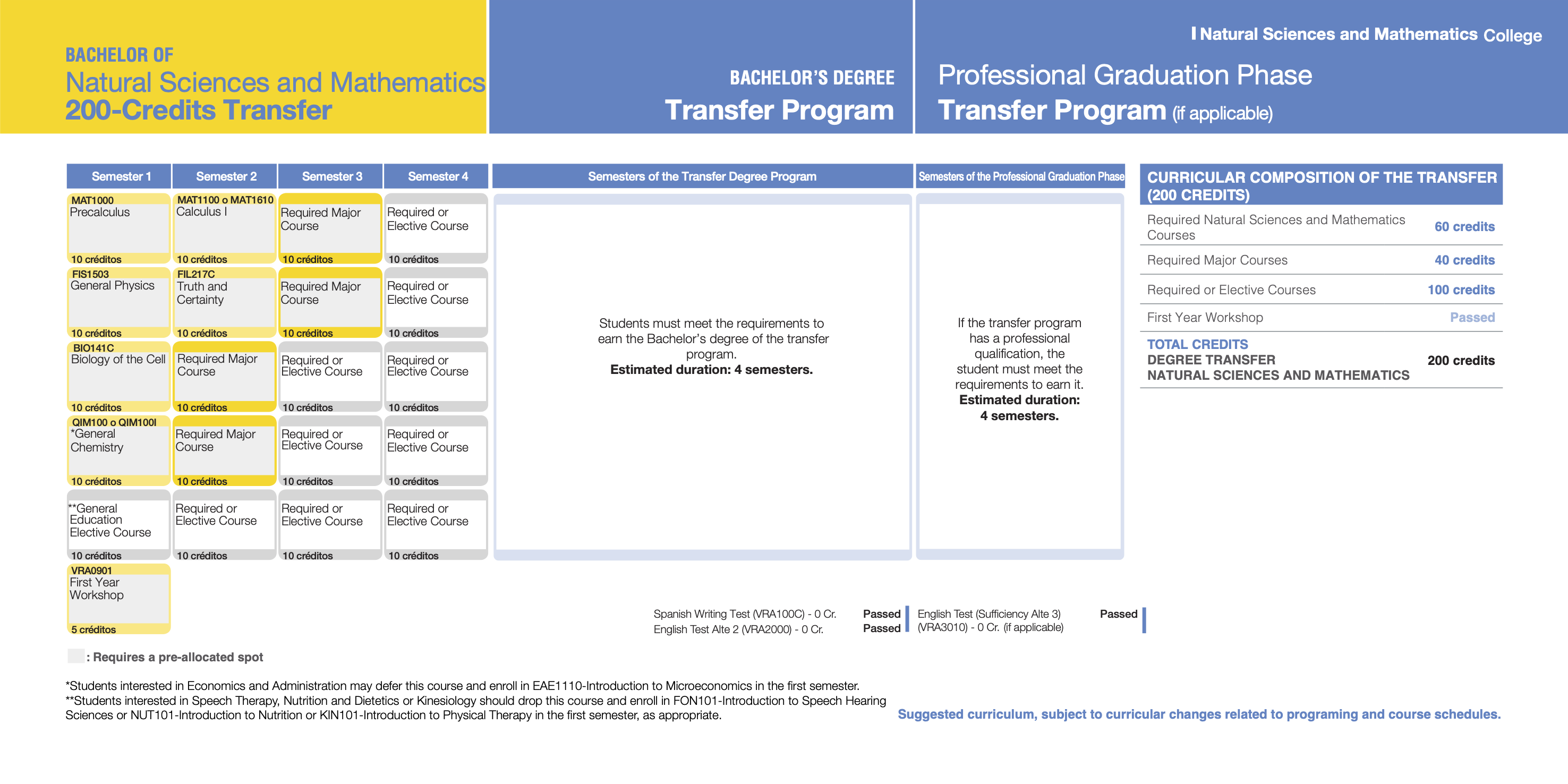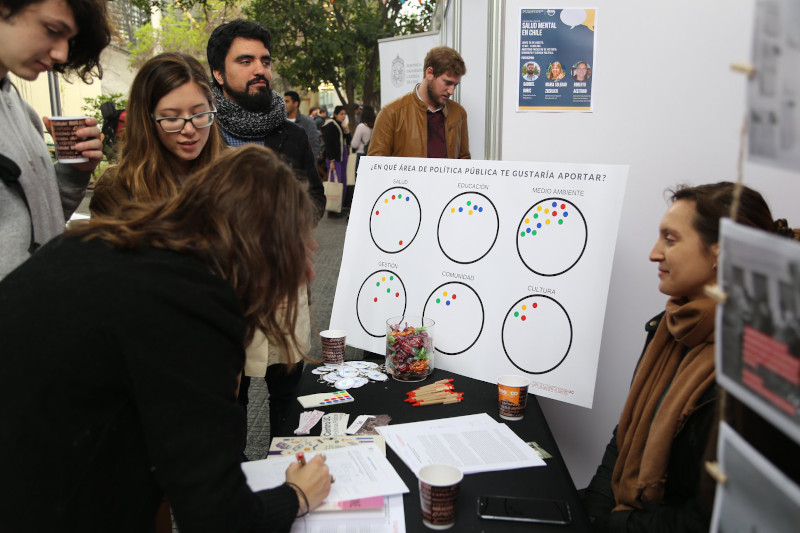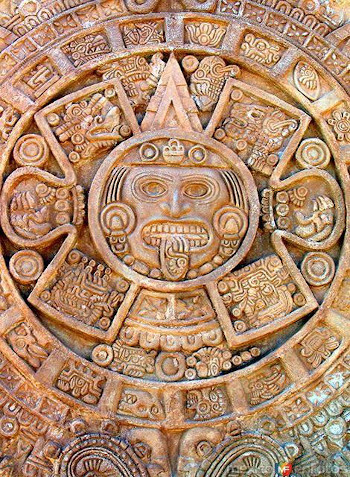CULTURA DEL RESPETO

Código de Honor
El Código de Honor es un texto breve que interpela y compromete a trabajar en la construcción de una comunidad basada en el respeto, la honestidad y la integridad con el propósito de formar mejores personas y lograr una sana convivencia.
Código de Honor UC: "Como miembro de la comunidad de la Pontificia Universidad Católica de Chile, me comprometo a respetar los principios y normativas que la rigen. Asimismo, me comprometo a actuar con rectitud y honestidad en las relaciones con los demás integrantes de la comunidad y en la realización de todo trabajo, particularmente en aquellas actividades vinculadas a la docencia, al aprendizaje y la creación, difusión y transferencia del conocimiento. Además, me comprometo a velar por la dignidad e integridad de las personas, evitando incurrir en, y rechazando, toda conducta abusiva de carácter físico, verbal, psicológico y de violencia sexual. Del mismo modo, asumo el compromiso de cuidar los bienes de la Universidad".
Ombuds
El Ombuds (consejero o mediador) tiene como misión fundamental velar por una adecuada convivencia de todas las personas que conforman la comunidad de la Pontificia Universidad Católica de Chile. Esta convivencia está fundada en el cumplimiento de los derechos que emanan de la Declaración de Principios de la Universidad, sus Estatutos y Reglamentos, así como los documentos que conforman el Magisterio de la Iglesia Católica.
Las actuaciones que le corresponde realizar están siempre dirigidas a mejorar el quehacer universitario en todos sus ámbitos. No están sometidas al mandato imperativo de ninguna instancia universitaria y están regidas por los principios de independencia y autonomía.
Por Decreto de Rectoría N° 290/2013, se promulgó el acuerdo del Honorable Consejo Superior que aprobó el Reglamento de Ombuds, consejero o mediador de la Pontificia Universidad Católica de Chile, cargo en el que fue nombrado el profesor José Ignacio González Leiva, quien es profesor titular de la Universidad.
José Ignacio González es profesor de Historia, Geografía y Educación Cívica por la Pontificia Universidad Católica de Chile, y doctor en Geografía por la Universidad de Barcelona, España.
El profesor González fue decano de la Facultad de Historia, Geografía y Ciencia Política, por primera vez, entre los años 1993 y 2000, y luego entre el 2006 y el 2013.
Campus Libre de Humo
Campus Libre de Humo surge a partir del interés de la Universidad por resguardar el bienestar de las personas que estudian y trabajan en ella. El objetivo es brindar ambientes más saludables para todos, a través de la construcción de una nueva política de consumo de tabaco al interior de los campus, que sea participativa e incluya la opinión de toda la comunidad UC, y planteando como meta una UC totalmente libre de humo para 2018.
Si bien esta iniciativa es liderada por los programas Campus Saludable y Autocuidado en Drogas para Estudiantes Universitarios (PADEU UC), de Salud Estudiantil, también se desarrolla en colaboración con investigadores y docentes del Departamento de Salud Pública de la Facultad de Medicina UC.
SALUD Y BIENESTAR
Salud Estudiantil UC
La Dirección de Salud Estudiantil tiene por objetivo atender y orientar las necesidades de salud que puedan surgir durante el desarrollo de la actividad académica de los alumnos, ofreciendo un servicio de apoyo oportuno y de alta calidad en la atención médica ambulatoria y de urgencia, tanto en salud física como mental. Igualmente, a través de Campus Saludable promueve una UC activa y sana, mediante programas de autocuidado y capacitación de alumnos Pares Educadores en Salud.
Centro de Apoyo al Rendimiento Académico y Exploración Vocacional (CARA)
Salud Dental
Salud Mental
Campus Saludable
Programa para la Inclusión de Alumnos con Necesidades Especiales (PIANE)
Alcohol y Otras Drogas
Ansiedad Estrés y Sueño
Programa Madres y Padres

Deportes UC
Deportes UC organiza diversas actividades deportivas en el ámbito académico, competitivo y de recreación. Los distintos programas que se desarrollan están orientados a fortalecer el proyecto educativo y la formación integral de nuestros alumnos, generar un lugar de encuentro de la comunidad universitaria contribuyendo a potenciar el sentido de pertenencia y promover hábitos de vida saludables que mejoren la calidad de vida de los alumnos.
ASISTENCIA SOCIOECONÓMICA
El Departamento de Asistencia Socioeconómica (DASE) pertenece a la Vicerrectoría Académica de la Pontificia Universidad Católica de Chile y está encargado de administrar los recursos de la universidad y estatales destinados al financiamiento del arancel de los alumnos de pregrado. También los beneficios de mantención, pase escolar y seguro de vida.
Son la contraparte oficial de la UC ante MINEDUC, INGRESA y JUNAEB en materia de beneficios.
En caso de dudas sobre becas, créditos universitarios, pase escolar o de requerir una cita con la asistente social para postular a algún tipo de ayuda socioeconómica, el estudiante debe acercarse al mesón de Atención Integrada en el Hall Universitario del Campus San Joaquín o Casa Central.
PASTORAL
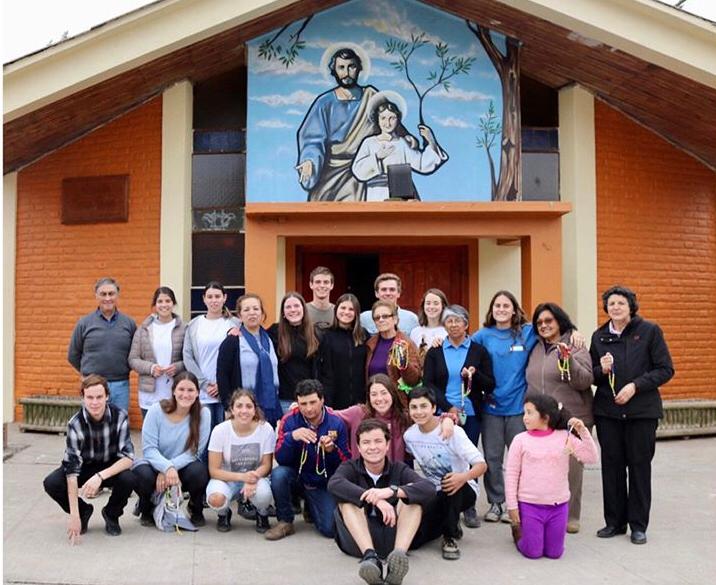
Pastoral UC
La pastoral universitaria en la Pontificia Universidad Católica de Chile quiere dar vida a una Iglesia discipular y en salida, que sea una comunión diversa de personas y carismas, cuyo objetivo general es evangelizar, acrecentando el espesor de la fe católica a partir del diálogo fe y cultura; de la presencia viva del catolicismo en todos los ámbitos del quehacer universitario; y del desarrollo de una acción misionera permanente en la Universidad y desde ella. En este contexto, los objetivos específicos de la pastoral universitaria son:
- Generar una presencia visible de la Iglesia en cada una de las facultades y escuelas.
- Ofrecer los medios para desarrollar una vida sacramental y espiritual plena.
- Favorecer la formación doctrinal de los que participan en ella y para los que deseen; potenciar la formación y el desarrollo de comunidades de vida.
- Contribuir al discernimiento vocacional; gestar y realizar proyectos misioneros.
- Promover la dimensión social de la evangelización y el conocimiento de la Doctrina Social de la Iglesia.
- Favorecer el diálogo fe y cultura en y desde la universidad.
- Ser vínculo de comunión entre los diversos carismas de la Iglesia presentes en la universidad, para ponerlos al servicio de la evangelización.
Pastoral College
La pastoral universitaria de College trabaja para hacer de nuestro programa un hogar en salida con Cristo en el centro. Realizan múltiples actividades de apoyo a la comunidad promoviendo así el compromiso social con quienes más lo necesitan. Una de sus principales actividades son los Trabajos San Andrés.
REPRESENTACIÓN ESTUDIANTIL
Federación de Estudiantes UC (FEUC)
La Federación de Estudiantes de la UC (FEUC) es el máximo órgano de representación estudiantil de la Pontificia Universidad Católica de Chile. Fundada en 1938, en ella participan la Directiva de la Federación de Estudiantes, la Consejería Superior, los Centros de estudiantes y los Consejeros Territoriales.
El rol de la Federación de Estudiantes ha sido sumamente importante en el desarrollo de la Universidad y el país. No solo promueve iniciativas estudiantiles, sino que también, genera discusión política al interior de la UC y vela por el desarrollo de los mismos estudiantes y la comunidad universitaria.
Además, ha tenido un rol activo en las transformaciones de la sociedad, teniendo un rol preponderante en el desarrollo de la Reforma Universitaria durante los años 60, la vuelta a la democracia durante los 90 y el Movimiento Estudiantil hasta nuestros días.
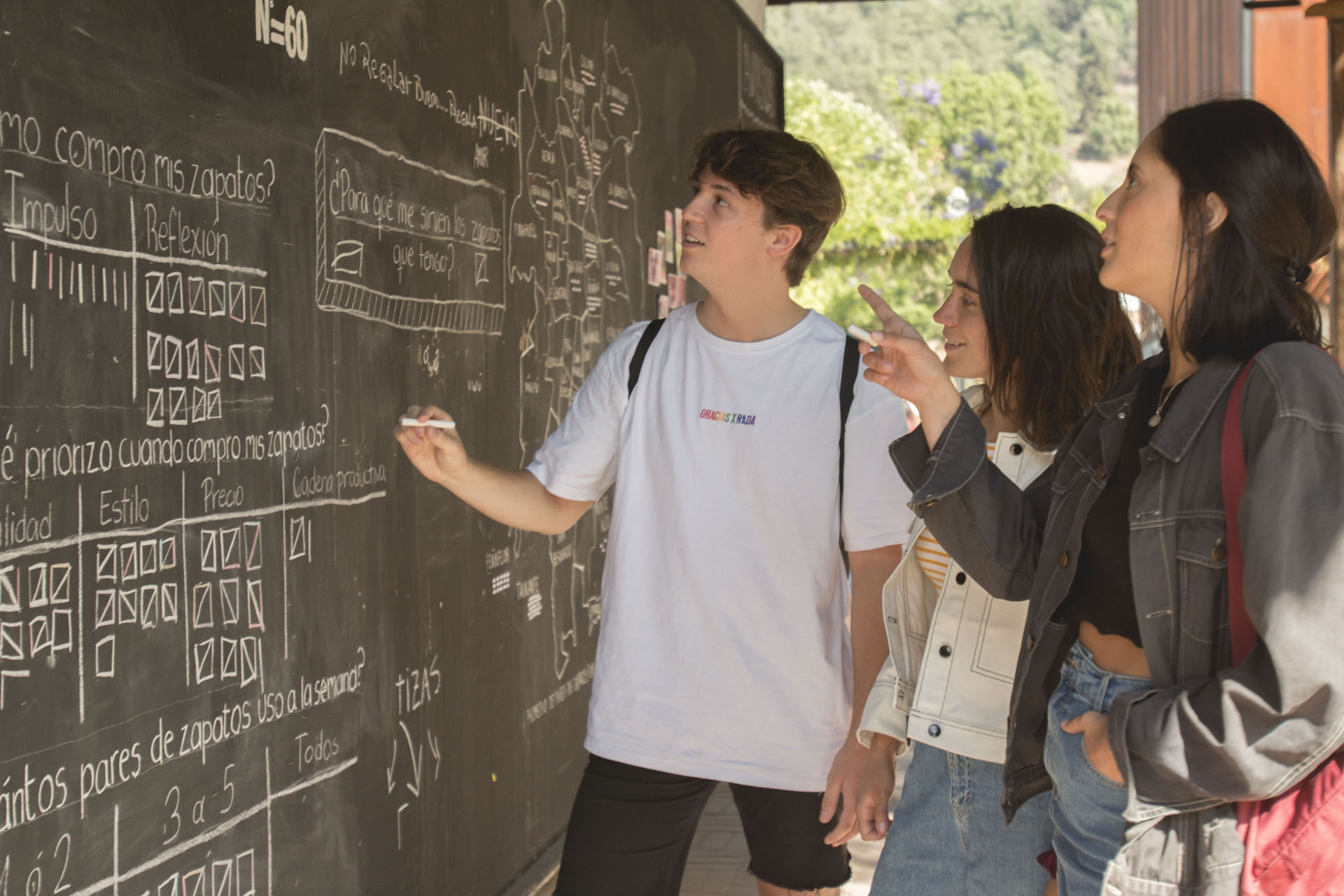
Centro de Estudiantes College (CECo)
El Centro de Estudiantes de College (CECo) es una instancia de representación de los estudiantes de nuestro programa dentro de éste y a nivel Universidad. La directiva se encuentra conformada por 8 integrantes: Presidente, Vicepresidente interno, Vicepresidente externo, Secretario general, Tesorero, y 3 secretarios ejecutivos (uno correspondiente a cada una de las licenciaturas).
La misión del CECo es velar por atender a las necesidades de los estudiantes del Programa, crear y potenciar el sentido de pertenencia y unión dentro del estudiantado, y representar a los estudiantes en distintas instancias, tanto políticas como formativas.
En College se realiza mensualmente un Consejo de Delegados, en el cual participan miembros de la directiva del CECo, delegados de cada generación (el número de delegados por generación se encuentra estipulado en los Estatutos), Consejeros Académicos y Consejeros Territoriales. Este Consejo tiene por objetivo debatir y crear soluciones sobre posibles problemas que existan en nuestro territorio.
Además de estas instancias de representación, cada directiva CECo electa cuenta con un programa de actividades para el año, confeccionado por ellos mismos previo a la elección (las que se crean según las propias visiones de la lista) con el fin de fomentar la mayor cantidad de áreas posibles y así permitir que los estudiantes tengan la posibilidad de participar en la mayor cantidad de actividades extraprogramáticas.
